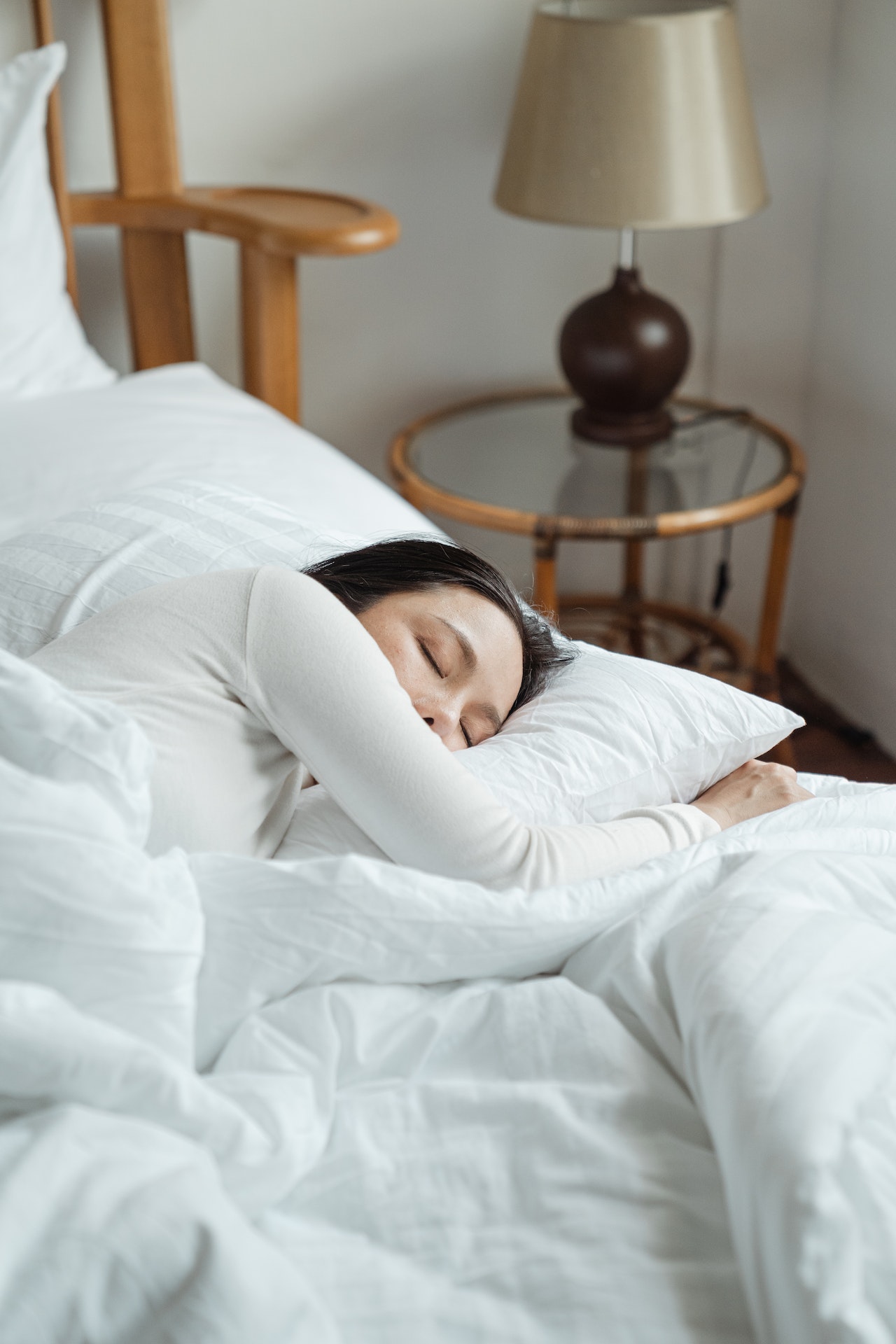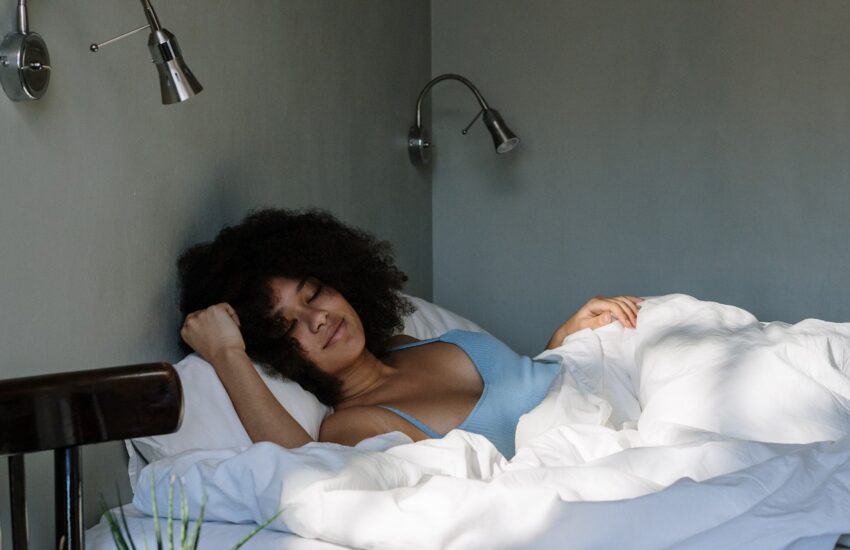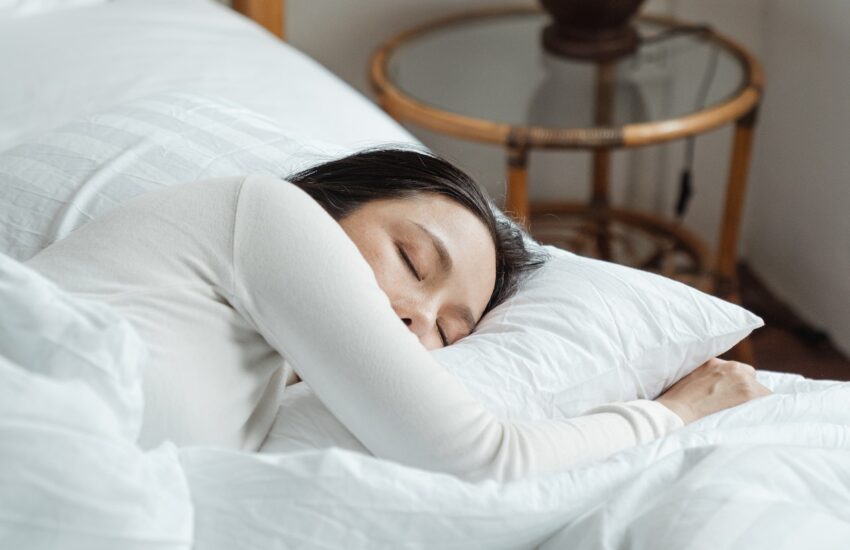Caffeine and Alcohol and Sleep
Part of the sleep series is going to be devoted to 2 drugs that have some fairly consequential effects on our bodies and how we sleep.
I’ve written about both of these drugs multiple times, but the facts are so many people in our society use them with such frequency that it’s important we talk about them and how they relate to sleep.
Especially as neither is particularly good for sleep.
Recently my wife Emily and I did a podcast on sleep, specifically talking about the poor sleep I’ve had over the past few decades and how wearable biometric trackers like the Oura ring (which is what I’ve chosen to use) can help to give you data on how behaviors hinder sleep or enhance it.
Caffeine and alcohol (yes, they are drugs) are two of the biggest and it may surprise you just how significantly they can alter sleep, and for how long.
We’ll start with alcohol.
How Alcohol Affects Sleep
I’m not a big drinker.
I have nothing against people who drink alcohol and I’m not a teetotaller, I’ve just never enjoyed having more than a drink every so often.
And being that I don’t drink all that often it’s pretty crazy to see how just a little bit of alcohol can disrupt sleep.
With the Oura Ring (as well as with the Whoop) you can set tags or record a journal for what you did the day prior so it can analyze that behavior’s ability to interfere with or enhance sleep.
Alcohol is one of those things that always messes up sleep. Especially when you’ve had a fair amount close to bedtime.
From studies we’ve been able to conclude alcohol consumption is known to have negative effects on the quality of sleep.
Now wearables are just showing us in the comfort of our own homes how detrimental it can be.
While alcohol may make it so you fall asleep faster, it generally disrupts the second half of the sleep cycle, which is characterized by rapid eye movement (REM) sleep.
This disruption can lead to frequent waking during the night and a feeling of not being well-rested upon waking up.
One study found that even moderate alcohol consumption can lead to a decrease in REM sleep and an increase in non-REM sleep, which can result in a lower quality of sleep overall.
Another study found that alcohol consumption can lead to increased snoring and episodes of sleep apnea, which can further disrupt sleep and lead to daytime fatigue and sleepiness.
There’s also research that indicates alcohol consumption has been linked to an increased risk of developing sleep disorders such as insomnia and sleep apnea.
While the exact mechanisms behind these associations are not fully understood, it is believed that alcohol can interfere with the normal functioning of neurotransmitters in the brain that regulate sleep.
Not surprising is that after you drink it can take 3 or 4 days for your body to clear the alcohol and resume normal sleep cycles. And that means cognition is often affected for several days too.
The facts are you’re never going to get good, restorative sleep if you’re drinking frequently.
And if you’re having drinks every few days it’s hard for your brain to actively recover from the alcohol. This is why I might suggest you take bigger breaks from alcohol, as it’ll promote better sleep and will benefit your health long term.
And that leads to the topic of caffeine use.
Caffeine Is a Sleep Disruptor Too
I’m not sure which is a more commonly used drug, caffeine or alcohol, but caffeine certainly is more socially acceptable and less dangerous.
But, when it comes to sleep, it may be just as significant a sleep disruptor as alcohol.
This is true whether or not you’re especially sensitive to caffeine, as I am. As someone who metabolizes caffeine quite well, I still notice the effects 12 hours after a single serving.
And the Oura Ring proves that caffeine has adverse effects on sleep.
The way caffeine works is by blocking the action of adenosine. Adenosine is a chemical in the brain that promotes sleep and relaxation.
But when you drink coffee and your adenosine production is locked, caffeine increases the activity of other neurotransmitters, including the kinds that keep you awake. These include dopamine, norepinephrine, and acetylcholine, which can produce feelings of wakefulness, pleasure, and arousal.
According to the National Sleep Foundation, caffeine’s effects can last up to 6 hours, and consuming caffeine too close to bedtime can make it harder to fall asleep and stay asleep.
As I said, with the Oura Ring I’ve discovered the effects are much longer.
This is because caffeine can interfere with the natural sleep-wake cycle of the body and delay the onset of sleep. It can also reduce the amount and quality of deep sleep and REM (rapid eye movement) sleep, which is important for physical and mental restoration. One of the issues with caffeine is the tolerance people build to its stimulant effects. Frequently people will drink more and more coffee, energy drinks, etc. to get the stimulation they need.
And as they try and wean themselves off of it they discover the effects linger.
If you’re a caffeine user (of any kind) and you want to experience better sleep I’d suggest tapering off and then going several weeks to find out if your sleep improves. I know that some people can’t imagine surviving without caffeine, but many of those same people depend on caffeine because it’s a crutch to keep them up and awake thanks to the terrible sleep they get.
I would be willing to bet if you were to use a wearable to track sleep and then commit to a minimum of a month without caffeine and you will see things improve. If you do this, it may be a good idea to take a product like Adrenal Syn3rgy too as the dependence on caffeine could have taxed your body’s hormones to a degree that leads to adrenal fatigue.
What’s cool too, is if you decide to reset with caffeine and experience better sleep, you can use a wearable to discover just how sensitive you are. That way you can start to use caffeine in moderation (again, I think coffee has some benefits as an antioxidant so I’m not encouraging people to throw the baby out with the bathwater).
How HRV Determines Your Sleep Score
One of the ways we can determine if things like alcohol, caffeine, exercise, and more are having a positive or negative impact on your sleep is through the analysis of your HRV.
I mentioned this in the first section of this series.
And I will show you specifically why HRV is a metric worth tracking as it relates to sleep and a host of other health focuses in the next article.


